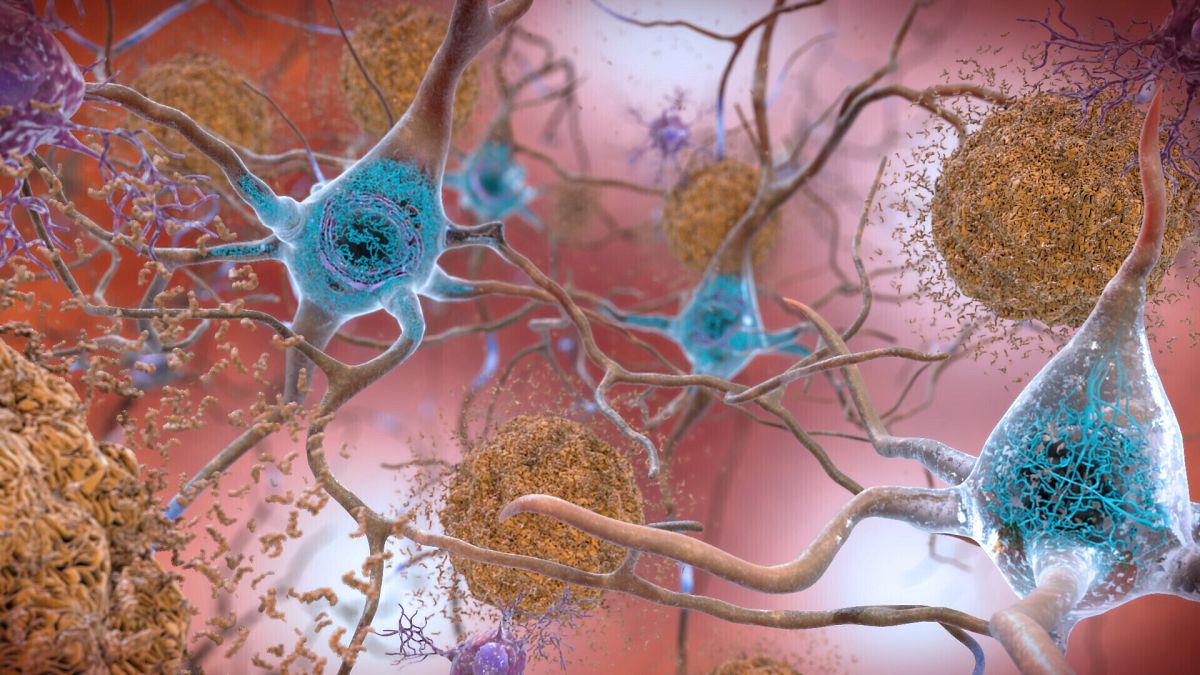Researchers have found that an outdated medical procedure may have resulted in the transmission of the beta-amyloid protein, which is linked to dementia.
A new study has uncovered the first evidence that some rare cases of Alzheimer’s disease may have been acquired through an outdated medical procedure performed decades ago.
Alzheimer’s disease is a neurological disorder and the most common form of dementia that most often affects people over the age of 65.
The disease is thought to be caused by the buildup of proteins such as beta-amyloid protein in the brain. This causes plaques that disrupt brain function, initially affecting memory and later areas that control language and social behavior Alzheimer Europa.
In a new study, researchers at University College London (UCL) have found that five people treated as children with human growth hormone may have developed Alzheimer’s disease due to transmission of the beta-amyloid protein.
Human growth hormone c-hGH, which had been extracted from the brains of deceased individuals, was used to treat nearly 2,000 people in the United Kingdom between 1959 and 1985, researchers said.
The use of c-hGH was discontinued when some batches were found to be contaminated with proteins that caused Creutzfeldt-Jakob disease (CJD).
The researchers studied eight people who had been treated with c-hGH in childhood for several years and published the results in Nature Medicine journal this week.
Five of them had symptoms of dementia and were between the ages of 38 and 55 when they started having symptoms, an unusually young age. Another person appeared to have mild cognitive impairment.
The team ruled out hereditary Alzheimer’s disease for five patients who had genetic testing samples available.
“The patients we described were given a specific, long-discontinued medical treatment that involved injecting material that we now know was contaminated with disease-related proteins,” said John Collinge, the study’s lead author and director of the UCL Institute of Prion Diseases, said in a statement.
The researchers said there is no indication that Alzheimer’s disease can be transmitted between individuals during routine care or in daily life.
Because c-hGH is no longer used, there is no risk of re-transmission, and there have been no reported cases of Alzheimer’s disease resulting from other procedures.
“However, recognition of the transmission of beta-amyloid disease in these rare situations should lead us to review measures to prevent accidental transmission through other medical or surgical procedures, in order to prevent such cases from recurring in the future,” he added Collinge.
Dr. Richard Oakley, of the Alzheimer’s Society, said in a statement that this study “provides evidence of an extremely rare and unusual pathway by which Alzheimer’s disease may have potentially been transmitted to some patients after receiving the hormone of human growth from the brains of deceased donors”. .
“However, it is not known how common Alzheimer’s transmission was among the 1,800 people who received this treatment, and the study only looked at data from eight people.
“With the treatment not being used since 1985, there is no reason to worry about the health of the general population. Today, patients receive synthetic alternatives that are approved for safety and pose no risk of disease transmission.”
